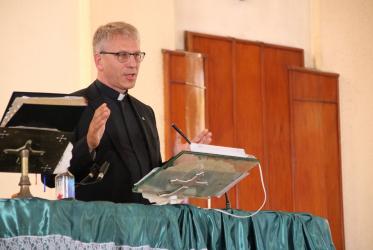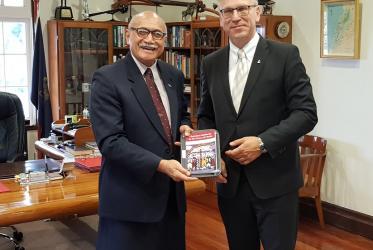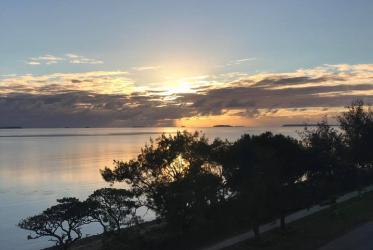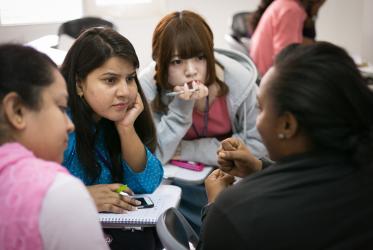Displaying 141 - 160 of 219
14 August 2017
Hopes shared in Tonga, where dawn starts first
06 August 2017
Women’s mentoring focus of Thailand gathering
23 April 2017
“Overcoming economic injustice” vision of WCC’s Athena Peralta
23 February 2017
WCC mourns the death of Polynesian nuclear fighter John Doom
28 December 2016
New videos help congregations hasten HIV response
20 October 2016
New Executive Committee members elected in Trondheim
28 June 2016









